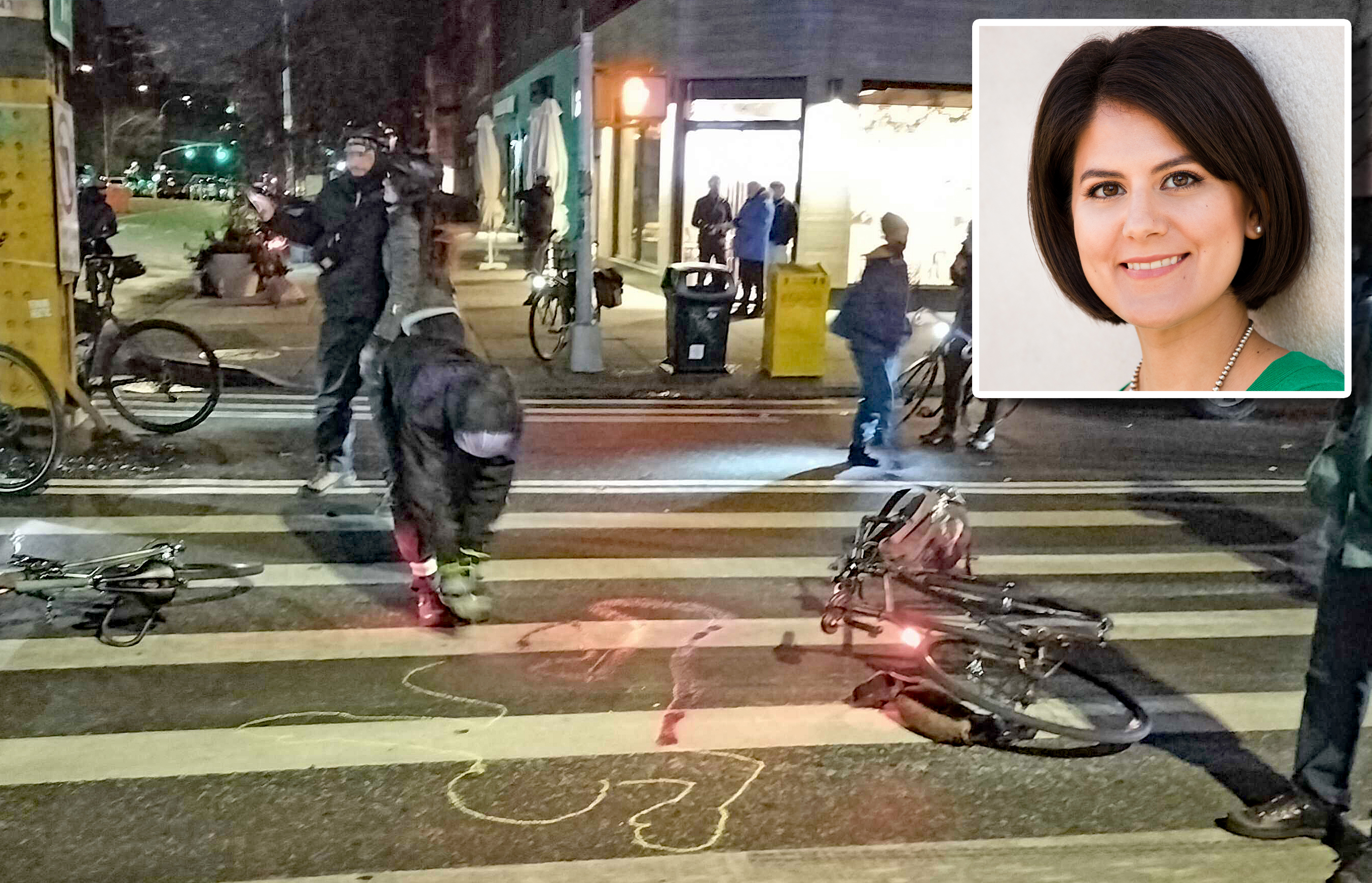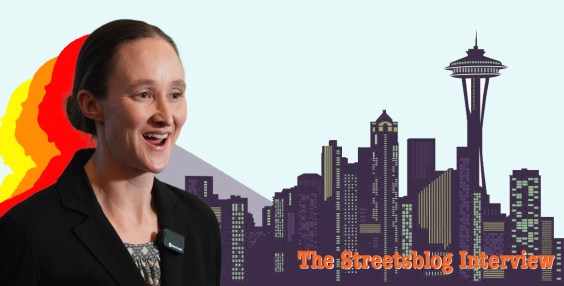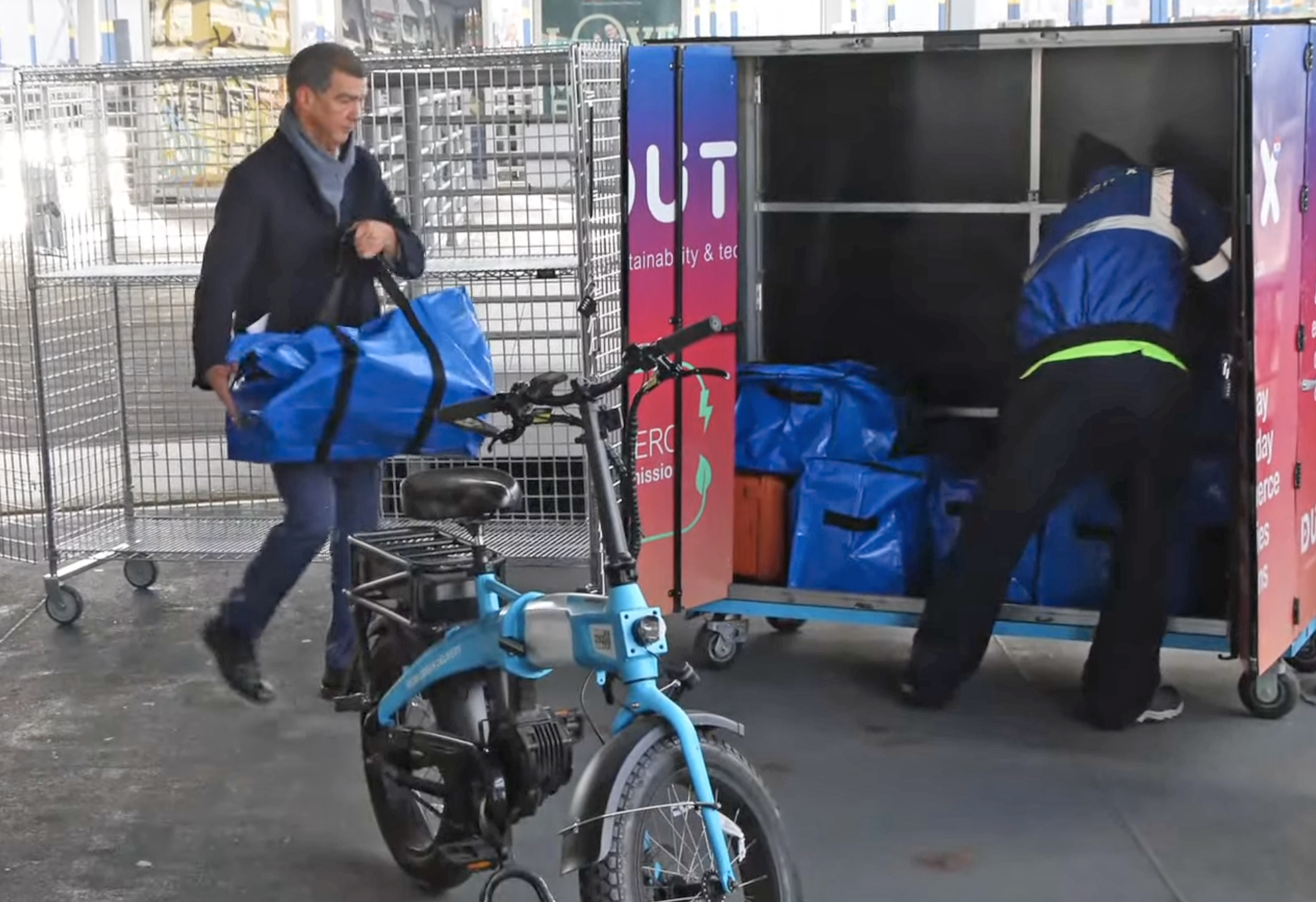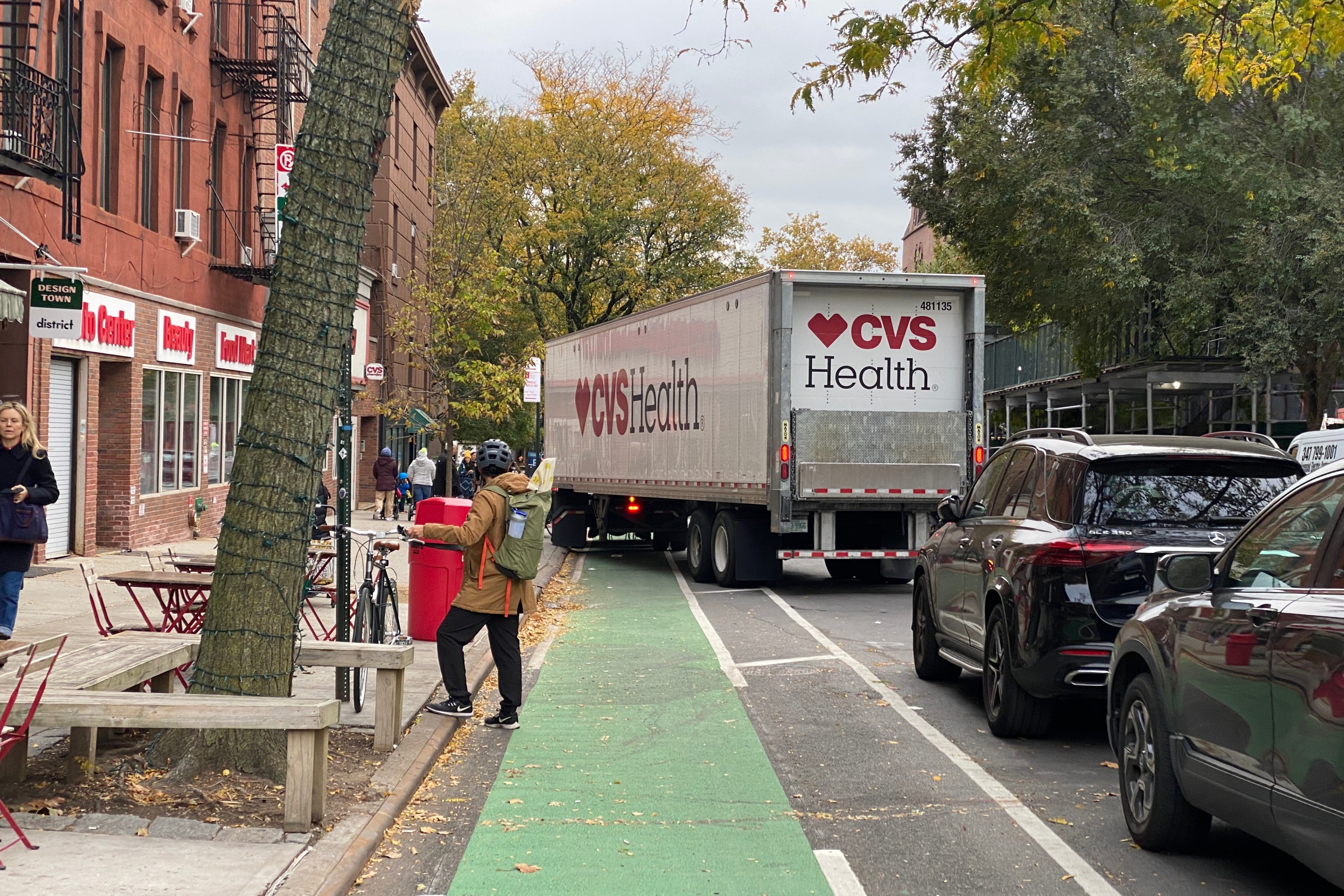We're getting dangerously close to transit Armageddon.
Seeking a quick resolution to the MTA funding crisis, Governor Paterson lobbied over the weekend to get a Band-aid fix through the State Senate. The problem is, Paterson's plan provides no resolution at all. Fundamental details of the proposal are still sketchy, even as the governor pushes for a vote as soon as today, but there's no doubt that the numbers don't add up to a healthy transit system. Consider:
- The revenue streams in Paterson's plan keep shrinking while the MTA's operating deficit keeps growing, meaning that further fare hikes and service cuts will be necessary in a matter of months.
- All indications are that the latest proposal would direct zero dollars to the MTA capital plan, the five-year package of maintenance and expansion projects that is still completely unfunded.
By pushing for a stopgap measure on the Senate Democrats' terms, Paterson has effectively abandoned the framework laid out by the Ravitch Commission. His proposal does not share the funding burden equitably -- car commuters pay nothing to keep congestion-busting trains and buses running. Nor does it address long-term funding needs, risking system-wide decline by leaving even routine maintenance unpaid for.
Observers are in the dark about the most basic aspects of the governor's proposal, like how much it would raise in total. Does the plan still fund upstate roads and bridges with a surcharge on New York City cab fares? Will service cuts still be necessary even if this plan passes? It's hard to tell when all the discussions take place behind closed doors.
Advocates aren't pleased. The Empire State Transportation Alliance -- a coalition representing business, labor, and environmental groups -- released a statement yesterday stressing the importance of funding the MTA capital plan now, not just passing a temporary fix.
"In light of what has transpired as well as what has failed to happen to date, we have little confidence that the Governor and Legislature will be able to come together to address the urgent capital needs of the MTA once such a band-aid is applied," said ESTA co-chair Kevin Corbett in a statement.
Delaying action on the capital plan will also affect transit service down the line, because debt payments come out of the MTA's operating budget. "The two are very closely related," RPA's Neysa Pranger told Streetsblog. "A good part of the reason they're in the operating deficit now is that they had to borrow to pay for the capital plan. By 2012, debt service will eat up 20 percent of the MTA's operating budget. If you don't do the capital piece now, you run the risk of driving the system into the ground, or the MTA continues to borrow a lot of money which puts additional pressure on fares and service. It's all part of the same picture."
Politically, passing a sound plan will only get tougher from here on out, as the 2010 elections draw closer. "The MTA will be very constrained by the election cycle," said Pranger, noting that the agency will soon have another budget shortfall on its hands, but the money to cover it probably won't come from fare hikes. "It's happened before, Pataki would give the MTA these one-shots -- payments out of the general fund. The legislature has got to be wary of the fuzzy math right now, and demand some answers about where the money's going, before voting on anything."





